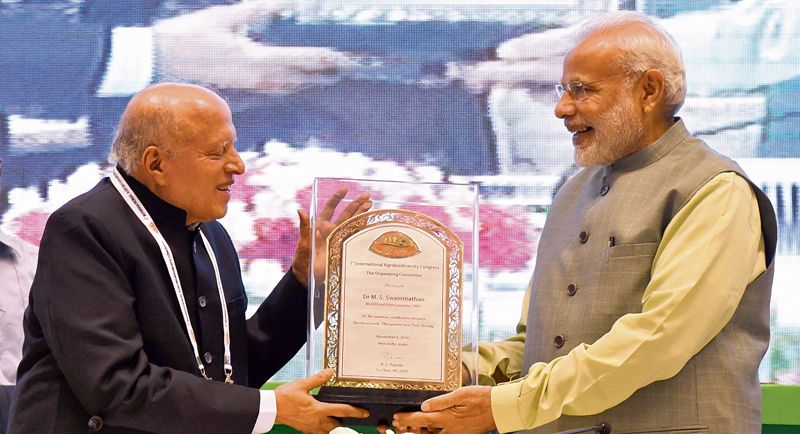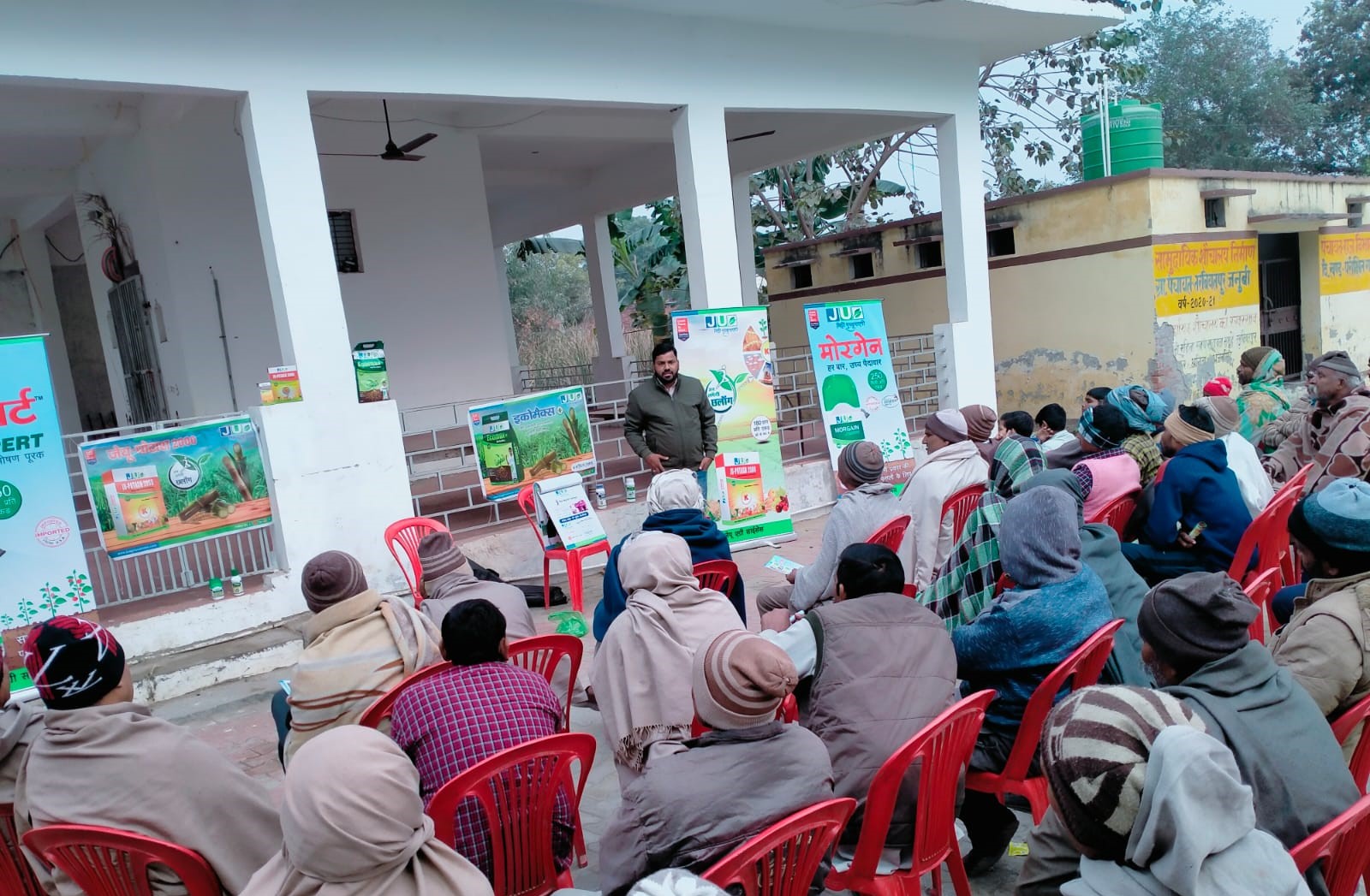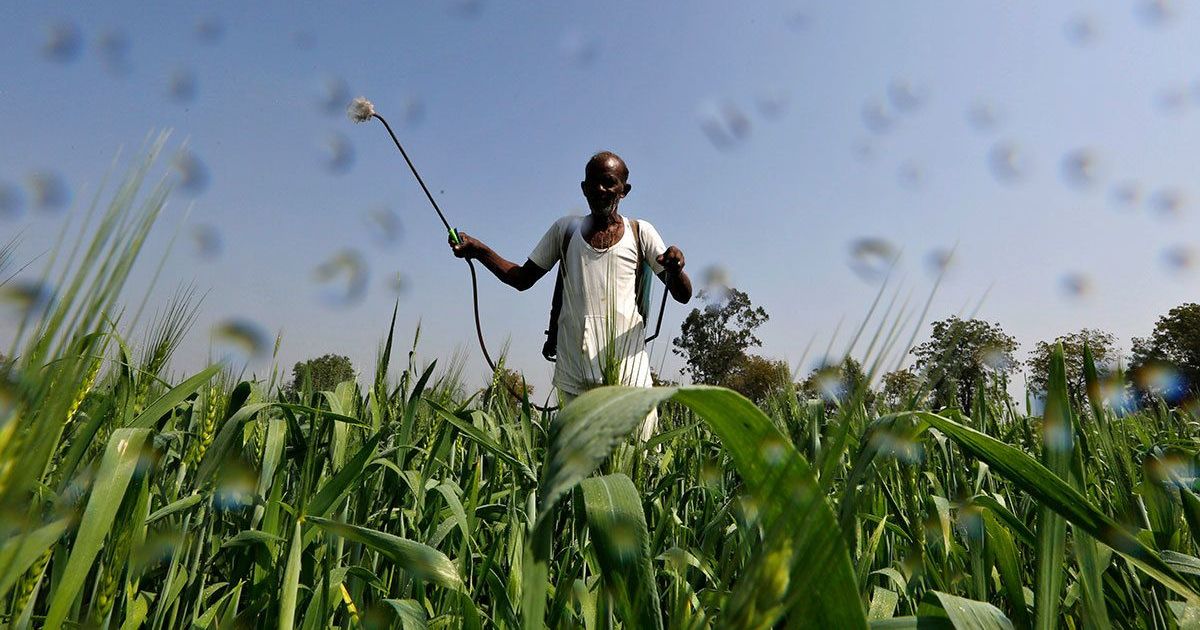MS Swaminathan | Father of Green Revolution who made India food surplus
05/03/2024
In the vast expanse of India’s agricultural landscape, one name stands out as a beacon of change, innovation, and progress- Professor Mankombu Sambasivan Swaminathan. Fondly known as the “Father of the Green Revolution in India,” MS Swaminathan has left an indelible mark on the nation’s agricultural history. His life’s work has not only transformed an agrarian sector but has also significantly impacted the lives of millions of farmers.
Early Life and Education
Born on August 7, 1925 in Kumbakonam, Tamil Nadu, MS Swaminathan exhibited early interest in agriculture, inspired by his father Dr. M. Sambasivan, who was a surgeon and an agriculturist. Swaminathan pursued his education at the prestigious Indian Agricultural Research Institute (IARI), New Delhi, where he earned a Bachelor’s degree in Agriculture. His passion for advancing agricultural practices led him to Cambridge University in the United Kingdom, where he obtained Ph.D. in Genetics.
Contribution to Green Revolution
The Green Revolution, a period of rapid agricultural growth, owes much of its success in India to the visionary efforts of MS Swaminathan. In the 1960s, India faced severe food shortages, and Swaminathan, along with other scientists worked rentlessly to develop high-yielding varieties of wheat and rice. These new varieties combined with modern agricultural techniques, led to a significant increase in crop yields, ensuring food security for the nation. Swaminathan’s role in the Green Revolution earned him international acclaim, and he became a symbol of agricultural innovation and development.
Innovations in Agriculture
MS Swaminathan’s contributions extend beyond the Green Revolution. He has been a champion of sustainable and eco-friendly agricultural practices. Swaminathan emphasized the importance of integrated pest management, soil health, and water conservation. His advocacy for agroecology and biodiversity conservation has been pivotal in promoting a holistic and balanced approach to farming. Swaminathan’s emphasis on sustainable agriculture has gained significance in the face of climate change challenges and the need for resilient farming systems.
Policy Advocacy and Leadership
Apart from his scientific contributions, MS Swaminathan has played a crucial role in shaping agricultural policies at the national and international levels. He served as the Director General of the Indian Council of Agricultural Research (ICAR) and as the Principal Secretary, Ministry of Agriculture & Farmer's Welfare in India. Swaminathan’s policy recommendations have focused on improving the livelihoods of small and marginalized farmers, ensuring food security, and promoting inclusive agricultural growth.
Global Impact
MS Swaminathan’s influence extends globally, and he has been
a tireless advocate for sustainable agriculture and food security on the
international stage. He has served as the President of the International Union
for the Conservation of Nature (IUCN) and played a key role in various
international agricultural and environmental forums.
Legacy and Awards
MS Swaminathan’s legacy is celebrated not only in India but
across the world. His numerous awards and honors include the Padma Shri Award, World Food Prize,
the Tyler Prize for Environmental Achievement, and the Indira Gandhi Prize for
Peace, Disarmament, and Development. These accolades recognize his unparalleled
contributions to agriculture, sustainable development and global food security.
In the vast tapestry of India’s agricultural history, MS Swaminathan emerges as a central figure, a pioneer whose unwavering commitment to transforming agriculture has left an enduring legacy. From the Green Revolution to his advocacy for sustainable farming practices, Swaminathan’s life’s work continues to inspire current and future generations.Swaminathan died on September 28, 2023, at the age of 98 years in Chennai. As we reflect on his remarkable journey, it becomes evident that MS Swaminathan’s impact on agriculture transcends borders, fostering a vision for a more resilient, equitable, and sustainable future for the world’s farmers.
Categories
Related Blogs
The Role of Pesticides in Modern Agriculture
30/01/2024

















